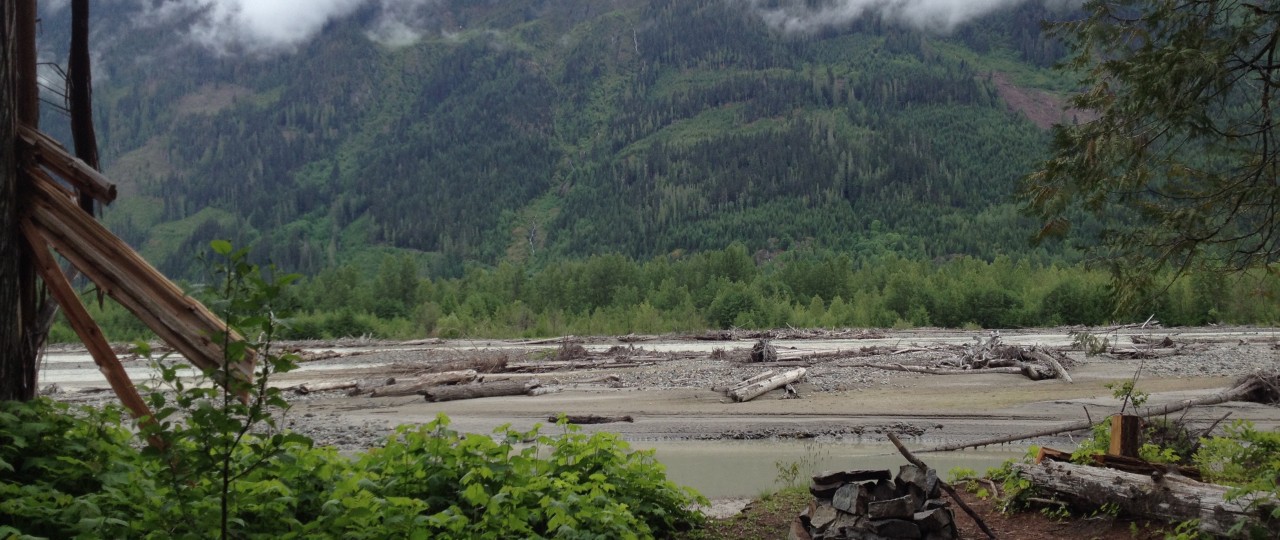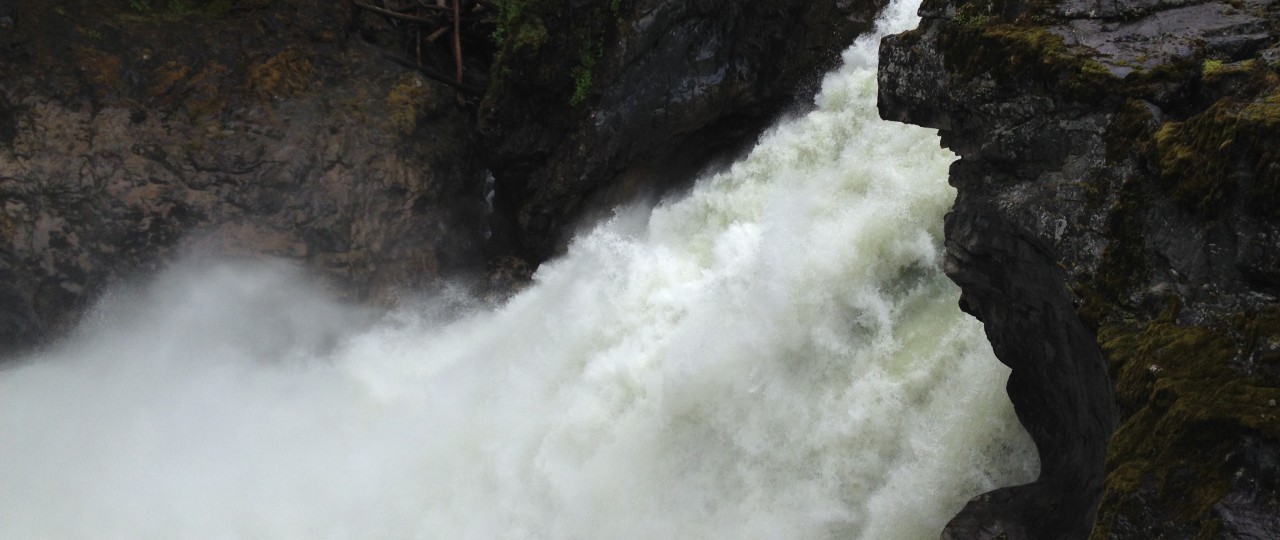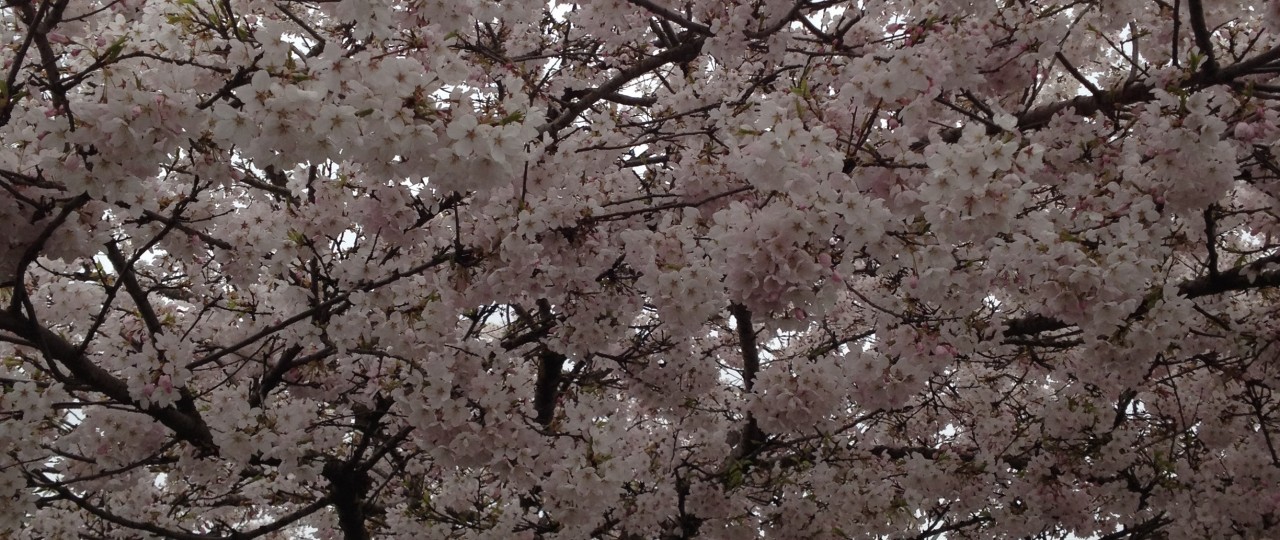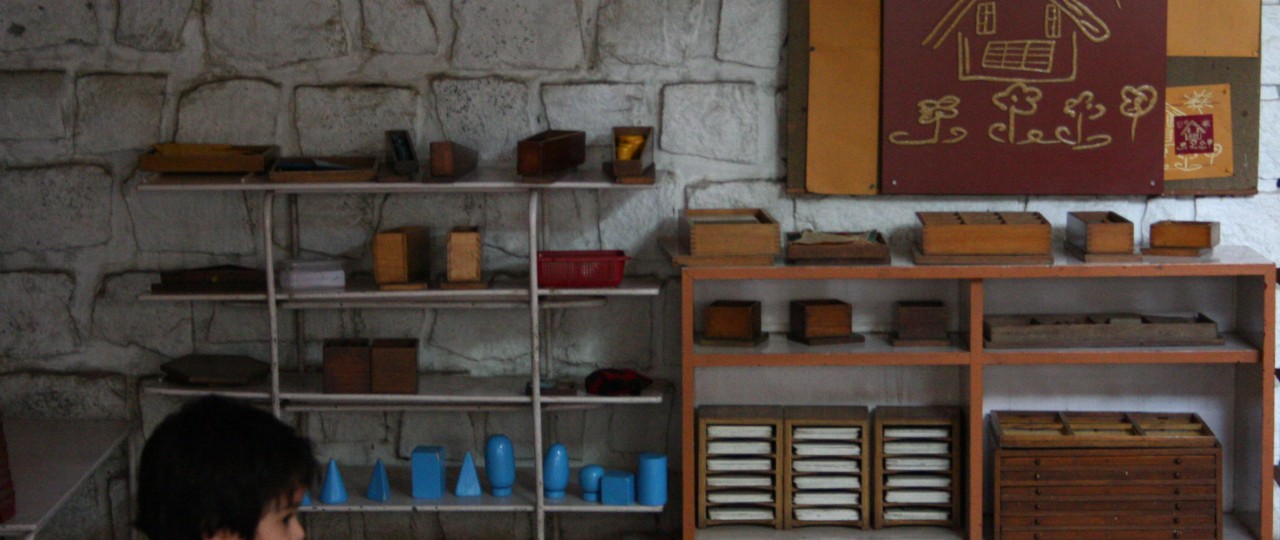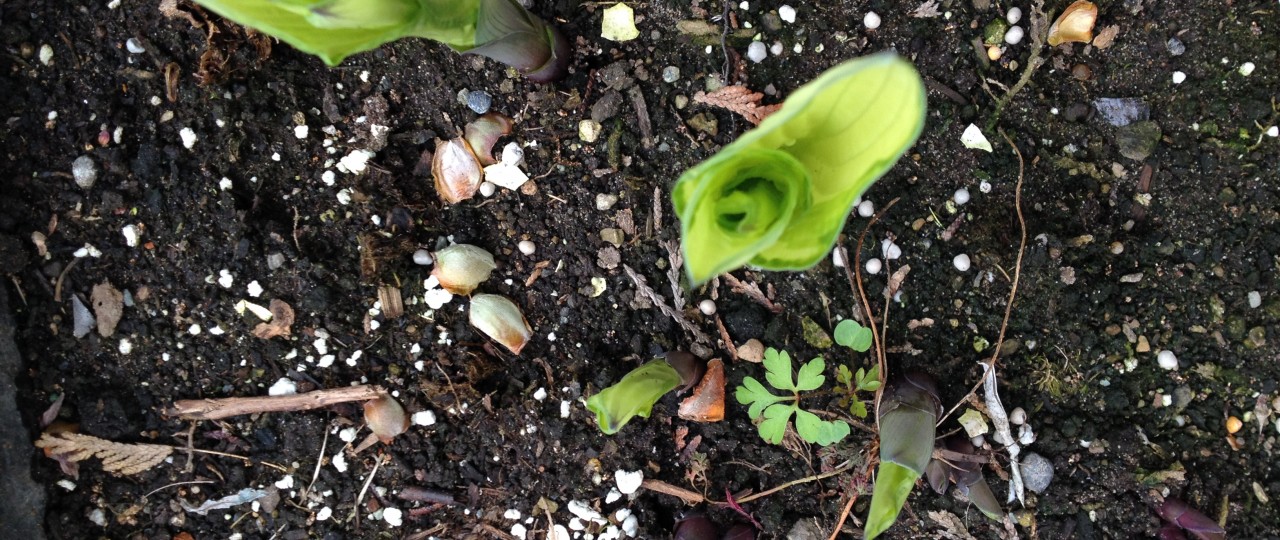Kara Bailey
Email: karajbailey@gmail.com Bachelor of Education: University of British Columbia 2014-15 (Kindergarten/Montessori Cohort) Bachelor of Arts: University of British Columbia 2009-2014 (Major English Literature, Minor History) Areas of Interest/Future Growth: Outdoor/experiential education Play-based education (kindergarten instruction) Inquiry/explorative learning Project and individualized assessments Social emotional learning (virtues, yoga, mindfulness) Dynamic indoor and outdoor learning environments Language (self-restitiution, growth mindset) Reggio Emilia & Montessori Philosophies Professional Development: Early Childhood Education: kindergarten curriculum development and theory Early Childhood Education: supporting learning in the kindergarten year Yoga and Mindfulness for Special Education Landscapes for play:…read more
